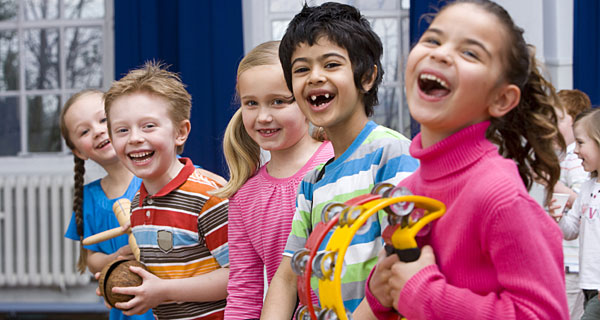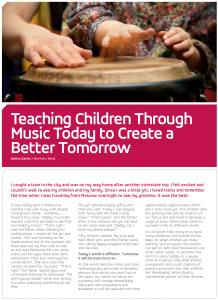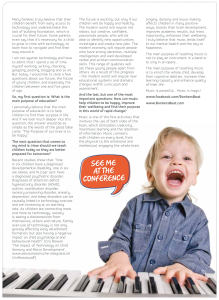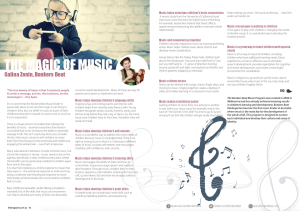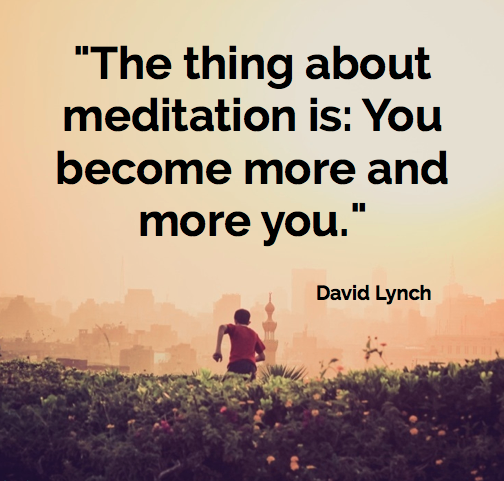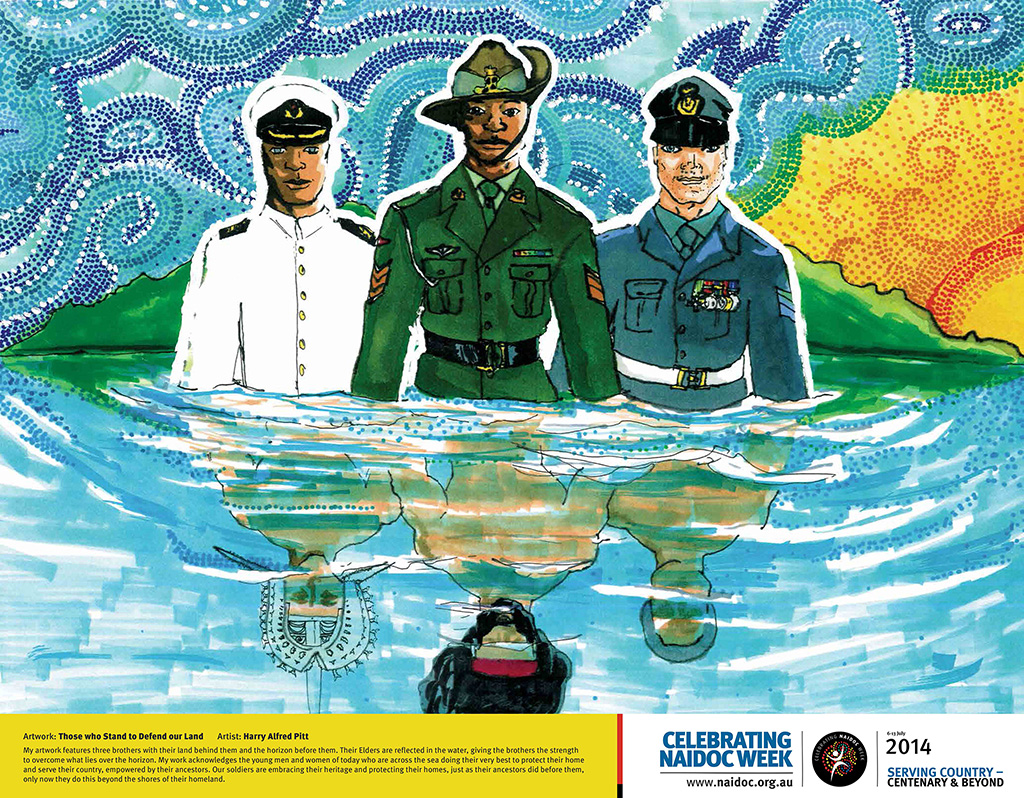There are many articles written about the subject of music. At our Bonkers Beat Music Kinder, we see daily how children, as young as 2yo, are developing by learning through music.
The Australian Childcare Alliance Queensland (ACA QLD) just published an article, written by Galina; which is very close to her heart.
When music and movement are taught, children benefit greatly in many areas of life. Literacy, memory skills, concentration, social interaction, fine motor skills, listening, problem solving, teamwork and coordination are all positively impacted. We have many parents coming and sharing with us their positive feedback about their children’s development and how music connects their family and becomes part of their daily lives.
For all educators attending the 2015 National Childcare Conference in Brisbane, the program is packed with an array of exceptional speakers and workshops dedicated for educators, early childhood professionals, and approved providers. The conference’s theme is ‘Don’t Stop Believing’. It’s clearly emphasises the importance and the passion for the role that we, early childhood educators play and continue to believe in the contribution we make to the lives of young children.
For more information about the conference, visit: www.childcareconference.com.au
Galina will be presenting on Saturday and would love to meet as many of you as possible. So please say ‘Hi’ or visit her presentation to learn more about teaching through music.
To read her full article, follow the link ‘Teaching Children Through Music Today to Create a Better Tomorrow’, or click on images below.

